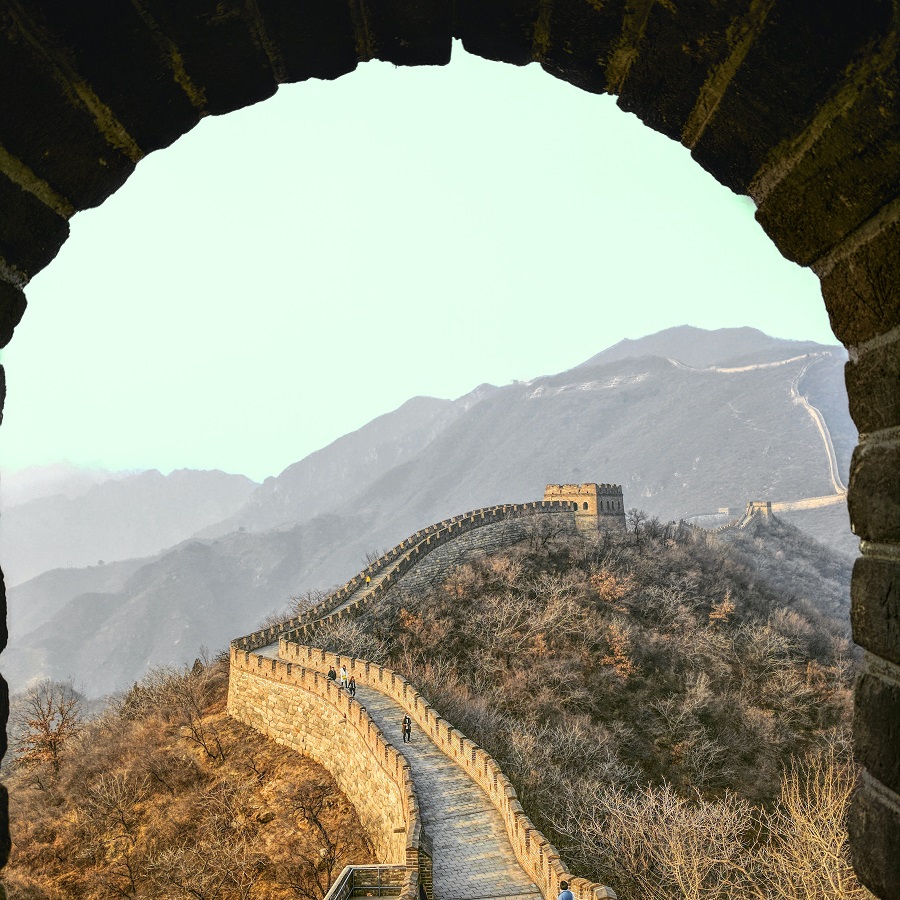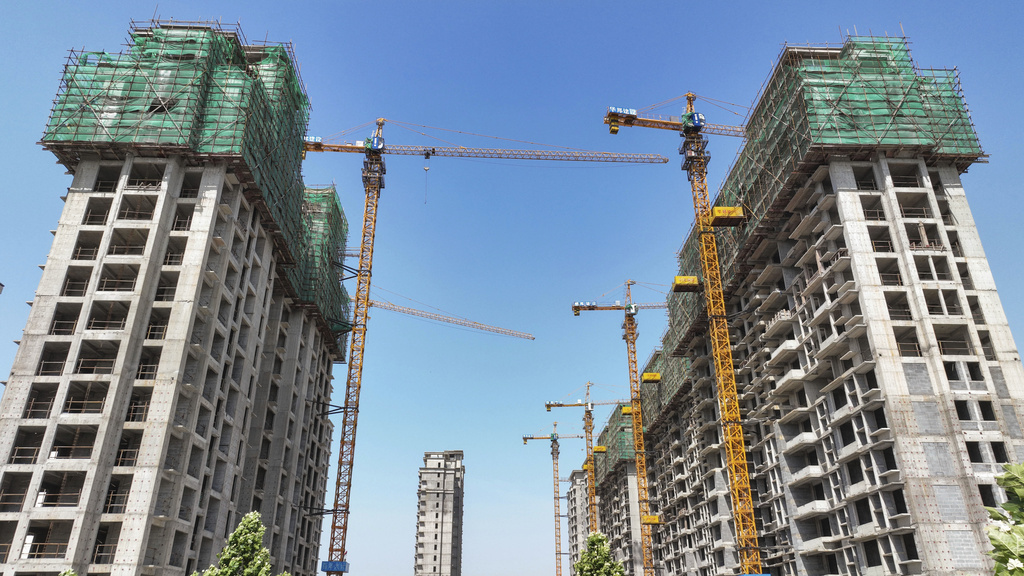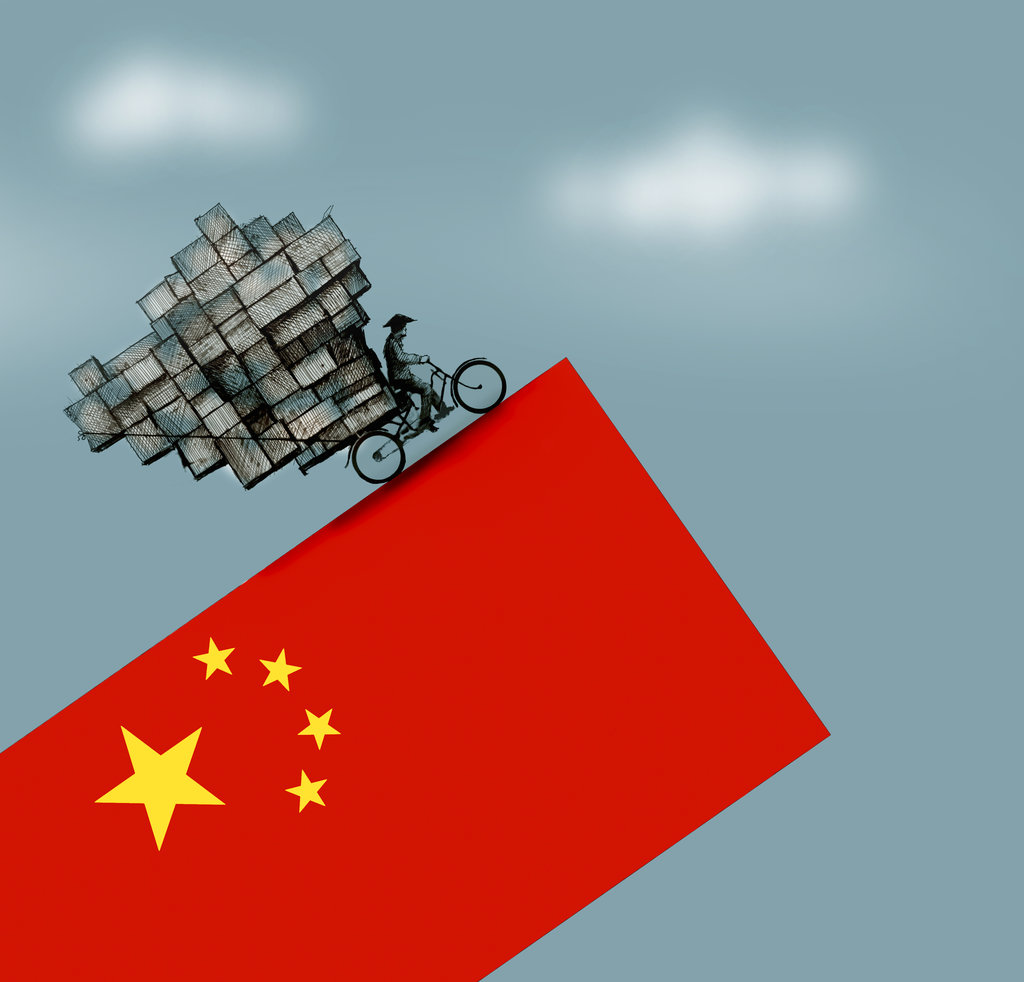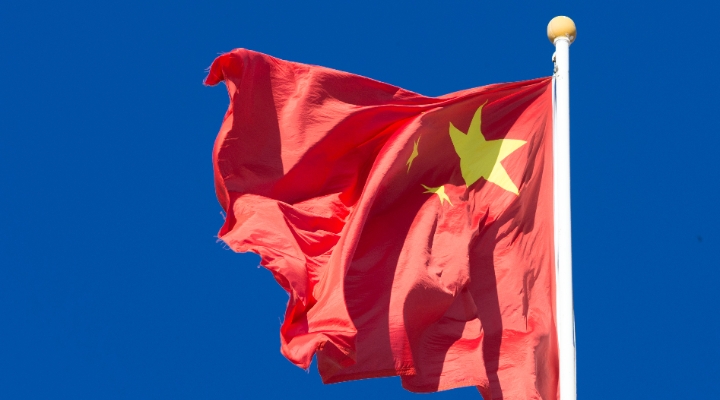
Asian markets have been struggling for about a year, as economies are slack and in a dispirited mood. Much of the blame can be pointed at China, says long-time Asian equity investor Robert Horrocks, who argues that it’s more profitable to focus on individual stocks that can ride the ups and downs of the market cycle.
“For Asian economies and markets to come back, the biggest swing factor at the moment is definitely China and its re-opening,” says Horrocks, chief investment officer at San Francisco-based Matthews, the brand name for Matthews International Capital Management LLC. Horrocks is co-manager, along with portfolio manager Kenneth Lowe, of the 4-star silver-rated $300.4 million BMO Asian Growth & Income F.
“It is probably moving more slowly than markets would have liked. We always thought that you are more likely to see solid evidence in the second half of this year, rather than the first half. We are not seeing a strong recovery in the current numbers that companies are reporting. You are seeing a lot more in ‘forward guidance,’ or the prose they write around those numbers.”
China Activity is Not Fully Back to Normal Yet
Based on conversations with colleagues who have visited China recently, or are in fact stationed there, it appears that the luxury end of retail sales is coming back fairly quickly although some of the mid-to-lower end spending is taking a little more time. “My guess is that as you recover from lockdown, where a lot of these lower income jobs were on hold, you probably spend a little more time building up your savings,” observes Horrocks, a 29-year industry veteran who is part of a 35-person-plus team that oversees about US$12.3 billion in Asian assets. In 1994, Horrocks earned a PhD in Chinese Economic History from Leeds University.
“China is probably 70% to 80% back to normal in terms of activity levels. Rising interest rates around the world have had an impact, although much less so in Asia. Inflation rates are much lower than what you’ve seen in Europe and the U.S. But that’s secondary to what is playing out in China,” says Horrocks, adding that as interest rates may eventually decline in the U.S. a weaker US dollar is expected to help the region, although it’s less important than the strength of the Chinese economy.
From a performance standpoint, the fund has returned 1.99% for the year-to-date (July 24), versus 0.72% for the Asia Pacific ex-Japan Equity category. Over the longer term, the fund has returned an annualized 1.92% over five years and 4.15% over 10 years. In contrast, the category returned an annualized 1.02%, and 4.50%, respectively.
The Last Decade Has Been Challenging in Asia
The last decade has been very challenging, admits Horrocks, who has worked on the fund since 2009. “It’s been very difficult for quality and income investors in Asia. The only thing that has worked in Asia ex-Japan has been high-growth and some thematic investments,” says Horrocks, noting that the portfolio is defensive in nature. “That worked year-in, and year-out, until it all came crashing down in 2019-2021. Yet given those headwinds, [with a goal] to achieve benchmark-like performance with lower volatility, I’m pretty happy with our track record. In recent years, the market has been under a lot of pressure and tended to under-perform. But in just about every significant downturn, the portfolio has managed to stay ahead of the market.”
In Horrocks’ view, China will continue to recover, but the pace will be moderate, and it won’t be thanks to any stimulus program in the form of infrastructure spending, as has occurred in the past. “Because of that it will be a more gradual recovery. Core inflation is probably running below one per cent. There is a lot of room to recover, and a lot of slack that will gradually be taken up. It will probably take six to nine months to get there. Generally speaking, the whole region has not been over-stimulated the way the West has been.”
Still, what keep him up at night are socio-political issues, especially determining what politicians may have up their sleeves. “We have election cycles coming up in the U.S. When it comes to the primaries it’s all about ‘getting the base out.’ There is all sorts of room for announcements about ‘being strong against Chinese exports’, that kind of stuff. And we don’t know what will happen with Russia and the Ukraine, whether it escalates in a way we’re not expecting,” says Horrocks. “The other element is if I am wrong about inflation and interest rates keep going higher. Inflation has been so difficult to predict. That’s at the back of the mind of anyone who is looking at equity markets.”
Stock Picking is a Critical Component of Success in Asia
Nevertheless, while these issues are concerning, Horrocks is a bottom-up stock-picker who favors a select number of Asian stocks. “Our point of view within this portfolio is, to take a line from an old racing car driver, ‘If you want to finish first, first finish.’ You pick the companies that will get you through these cycles,” says Horrocks, adding that his team follows a growth-at-a-reasonable price style and the country and sector weights are a by-product of the stock-process.
“You don’t know what is going to happen. But companies which are established, with a long track record of steady growth and have some protection of their businesses, whether it comes from a very strong industry structure or great flexibility, and have a proven track record of management making good sensible decisions and sharing cash with minority shareholders—those are the kind of things we look for, rather than trying to predict which companies are going to be favored by the current macro-economic trends.”
From a country perspective, China is the largest weighting at 28.4%, followed by Hong Kong at 15.0%, Taiwan 11.8%, India 10.1% and South Korea 8.9% (data as of March 31). On a sector basis, information technology is the largest sector at 23.5%, followed by financial services 16.5%, consumer discretionary 12.6%, communication services 10.7% and industrials 10.4%. A small portion of the fund is held in convertible bonds, which account for about 8% of the portfolio.
Two China Stocks Horrocks Likes
Running a portfolio of about 40 names, Horrocks cites one top holding in the form of Taiwan Semiconductor Manufacturing Co. Ltd., or TSMC (TPE 2330), the world’s most valuable semiconductor maker. “It’s a very popular stock. But it also shows you that if you have patience you don’t need all the time to be discovering new ideas. There are two ways to make money in the market,” says Horrocks. “One is to discover a new idea and the other is to have a better appreciation of the long-term value of an existing idea, even though the data is known to everybody.”
Horrocks recalls that he once worked in Taiwan and at the height of the tech craze, when the country was all a-buzz, a money manager exclaimed, “Look how much TSMC is yielding!” Horrocks thought the manager had gone off the deep end, but years later he concluded that TSMC was the go-to supplier for computer chips. “It can be a well-run company that has positioned itself smartly with decades of huge investments. TSMC now has a very strong competitive moat, which is as strong now as it has ever been.”
Another favorite is HKT Trust and HKT Ltd. (06823) a leading Hong Kong-based telecom-television provider. “It has a very low growth rate, around 2%. But it is extremely stable and has a dividend yield of around 8%,” says Horrocks. “if you combine the 8% yield, and 2% growth, you are already getting a decent return on that business. Because the HK dollar is linked to the U.S., it generates a very strong hard currency return.”
Horrocks concedes that the stock is not glamorous, nor will it double in a year. Yet, he argues, “it is for people with a strategic allocation, who want to compound returns over time, and stick with it. It has a great profile.”













.png)









